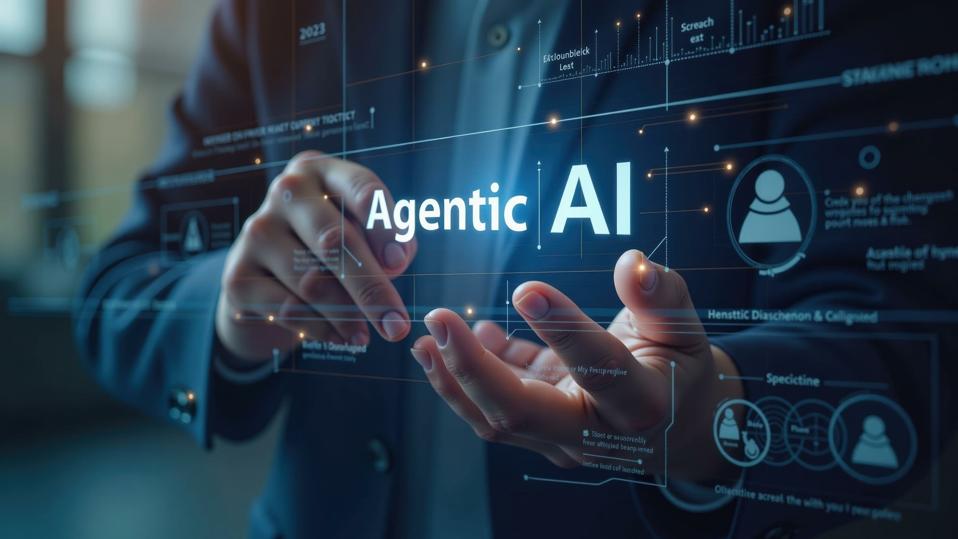The global AI landscape is rapidly shifting, with businesses now looking beyond traditional automation toward Agentic AI—autonomous AI systems capable of planning, adapting, and acting with minimal human intervention. According to Gartner’s 2025 Technology Trends, Agentic AI is forecast to become one of the most impactful innovations across industries, redefining efficiency and resilience.
What is Agentic AI?
Agentic AI goes beyond simple chatbots or predictive models. These systems are goal-driven agents that can:
-
Interpret complex instructions
-
Learn from real-time data
-
Adjust actions dynamically
-
Execute workflows end-to-end without human micromanagement
This means enterprises can leverage AI not only for recommendations but for decision-making and autonomous execution in domains like finance, logistics, and customer engagement.
Why It Matters for Enterprises
-
Operational Efficiency: Reduces dependency on manual interventions in business-critical processes.
-
Scalability: Can handle thousands of customer requests, financial transactions, or logistics decisions simultaneously.
-
Resilience: Adaptable to disruptions, making supply chains, IT operations, and customer service more robust.
-
Competitive Advantage: Early adopters will gain speed and cost benefits compared to traditional automation.
Challenges to Address
-
Governance & Ethics: Defining accountability for autonomous decisions.
-
Integration Complexity: Aligning with legacy IT, ERP, and CRM systems.
-
Trust Gap: Many executives and customers remain cautious about AI “acting on its own.”
-
Costs & Skills: Implementing enterprise-grade Agentic AI requires upfront investment and new expertise.
Market Outlook
Analysts predict that by 2027, more than 40% of enterprise workflows will involve some form of autonomous AI agents. Early case studies in banking, healthcare, and manufacturing show promising results:
-
Banking: Automated compliance monitoring and fraud detection
-
Healthcare: Clinical workflow assistants reducing administrative overhead
-
Manufacturing: Supply chain AI agents re-routing logistics in real-time
Actionable Takeaways for Businesses
-
Start with Pilot Projects – Identify a repeatable process (customer support, IT tickets, invoice management) and deploy AI agents.
-
Prioritize Governance – Build a framework for explainability, transparency, and ethical AI usage.
-
Upskill Workforce – Train teams on AI agent orchestration and oversight.
-
Evaluate Platforms – Assess vendors not just for AI models, but for agent ecosystems (tools that integrate AI across multiple workflows).




